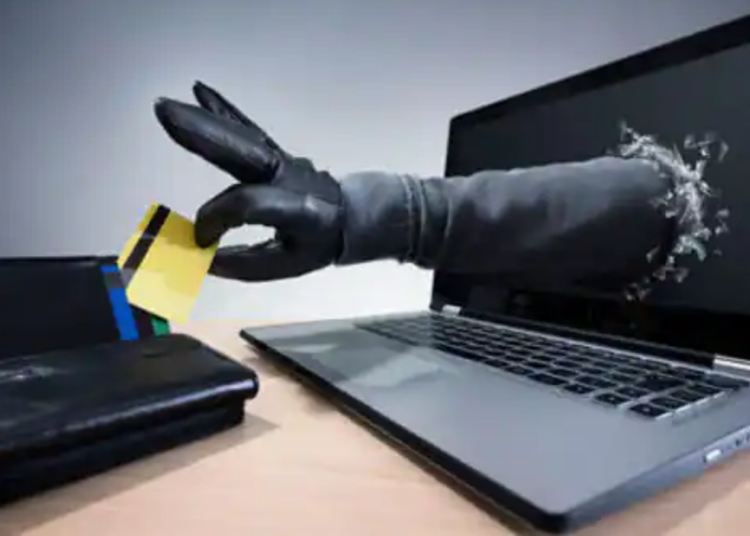To ensure that their customers do not become prey to fraudsters, banks have severally sent out messages and advertorials educating their customers on ways through with the fraudsters operate. Customer are advised on the best way to protect them selves and their funds from fraudsters.
One of the key messages that is sent to. customers by banks, asides ensuring that they do not disclose sensitive information to third parties, is prompt notification to the bank upon loss or theft of sensitive items, such as; ATM card, sim card of phone that is linked to one’s bank account and compromise of bank account details.
Sensitive account details can be compromised when customers respond to fraudulent calls or phishing emails and text messages. It can also be compromised when it is revealed to third parties such as family members, neighbours, colleagues and friend.
The bank should also be notified when customers are suspicious of fraudulent activities on their account. Incidents such as receiving one time password (OTP) when no such request has been made or debit alerts when the customer has not made any transactions should be promptly reported.
Also asides notifying the bank upon the loss of bank account token, phone number or sim card that is linked to one’s bank account, customers should immediately call their bank when email address that is linked to their bank account is compromised.
The bank should be immediately notified upon the suspicion that the customers’ bank account vis-à-vis ATM card pin number, mobile and/or online banking applications and other electronic channels have been compromised.
Many customers are still unaware of the sensitivity of the information printed on their debit cards. A bank debit card typically contains information encoded on a magnetic stripe or stored in an embedded microchip.
The specific information stored on the chip may vary depending on the card’s technology and the issuer’s preferences. A typical debit card in Nigeria would have the name of the cardholder is usually printed on the front of the card. This information is also stored on the chip.
Also, the account number of the customer is embossed or printed on the card’s front. This number is also stored on the chip. The card’s expiration date which indicates when the card is valid until, is also printed on the front of the card and encoded on the chip.
The name and logo of the issuing bank or financial institution are often visible on the card’s front. This information may also be stored on the chip.A three- or four-digit security code, also known as the Card Verification Value (CVV), is typically printed on the back of the card. This code is used for online and phone transactions and is not stored on the chip.
While the PIN (Personal Identification Number) itself is not stored on the card, the chip may contain data that allows the card to interact with the ATM or point-of-sale terminal when the PIN is entered by the customer. Asides these Some cards support contactless payments using near-field communication (NFC) technology. This feature allows customers to make payments by tapping the card on a contactless-enabled terminal.
Although debit cards are generally designed to protect sensitive information and are subject to strict security standards to prevent unauthorized access or fraud, each one of these information is meant to be kept secure by the customer to prevent fraud and theft of funds.
As fraudsters continue to widen their net, bank customers need to secure their funds by ensuring that they take precautions. One of such is not exposing the data provided on the card in public places. PIN is a private data that ought not to be shared.
Whilst using the ATMs, ensure you stand close to the machine and look over your shoulder to be sure that no one is able to see your PIN as you enter it into the machine.
While some situations arise that make it expedient, try as much as possible not to use a solitary ATM in a dark secluded place at night with no security in sight.
With banking agents armed with Point-of-Sale terminals (POS) available at almost every 10 feet, one might be obliged to use them in getting cash rather than queue at the bank.
However, some of the so-called operators have become fraudulent and have altered their POS to harvest data. Once a customer’s data has been harvested, they tend to move the funds from the account.
Thus, always use trusted POS operators. Most preferrable those affiliated to a bank, have permanent or semi-permanent stalls. It is mostly risky to insert your card into the terminal of a POS operator that is mobile. Rather if you are pressed for cash, make a transfer.





